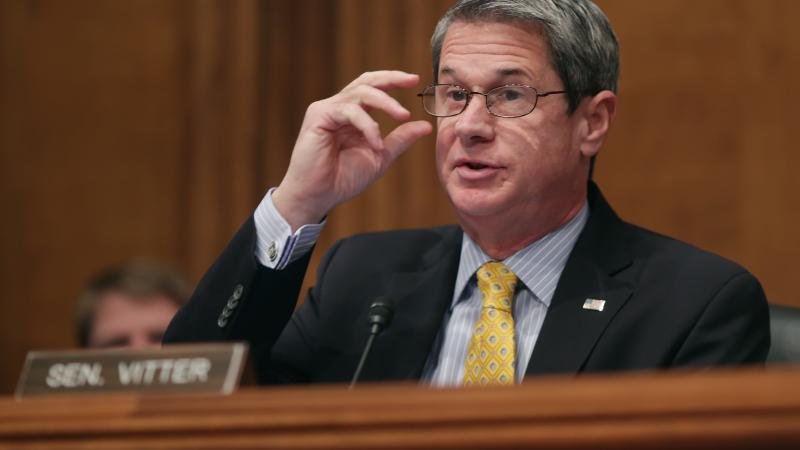Congress advances wildfire reduction bill as CA blocks wildfire prevention funding
Billl eliminates illegal immigrants’ eligibility for certain taxpayer-funded benefits, such as federal housing programs.
California Democrats blocked a Republican amendment to add $1 billion in wildfire prevention funding to the state's $2.5 billion wildfire recovery bill during a simple procedural vote.
Meanwhile in Washington, D.C., Democratic and Republican members of Congress overwhelmingly advanced a bipartisan bill to exempt forest management activities from lengthy and costly environmental review.
California State Assembly Republican Leader James Gallagher’s amendment would have provided $1 billion for fuel reduction projects in California, comparing recent declines in fuel reduction spending to the state’s ballooning homelessness budget.
“Over the last five years, we’ve funded about $2.5 billion in fuel reduction projects. At the same time, we’ve done $25 billion for homelessness programs throughout the state. How many people are now homeless because of these fires?” Gallagher said on the floor. “One billion dollars to save hundreds of billions, and precious lives.”
California is estimated to have 15 million acres of high-risk forest; at a treatment cost of $1,000 per acre, the new funding could have cleared out one million acres of high-risk forest near populated areas and power lines.
“A few years ago the governor and the president announced a partnership to treat one million acres a year in California — 500,000 by the state, 500,000 by the feds,” continued Gallagher. “Neither has come close to meeting that goal.”
58 Assembly members voted to quash the amendment, leaving it dead on the Assembly floor.
Meanwhile in Congress, a bipartisan bill introduced by prominent California Democratic Congressman Scott Peters and Arkansas Republican Bruce Westerman to reduce barriers to forest management projects such as controlled burns passed from the House to the Senate. Peters, who represents a wealthy coastal Southern California enclave, is a former environmental lawyer and has made protecting the environment one of his key policy positions.
“While we can't stop every fire, smart changes to policy will help prevent fires, limit their spread, and make them less destructive,” Peters said in a statement. “Our bill will help us protect where nature meets homes, pre-position firetrucks and other resources in high-risk areas, and build homes more resistant to fire.”
The bill’s most prominent change would be to exclude many forest management projects from National Environmental Policy Act requirements that make getting environmental clearance to conduct controlled burns or mechanical brush removal take over half a decade.
According to U.S. Forest Service data cited in a PERC report, it takes an average of 3.6 years to start mechanical thinning and 4.7 years to conduct a controlled burn after the USFS starts the environmental review process. For projects that require environmental impact statements, it takes an average of 5.3 years after initiating permitting to start mechanical thinning, and 7.2 years for prescribed burns.















